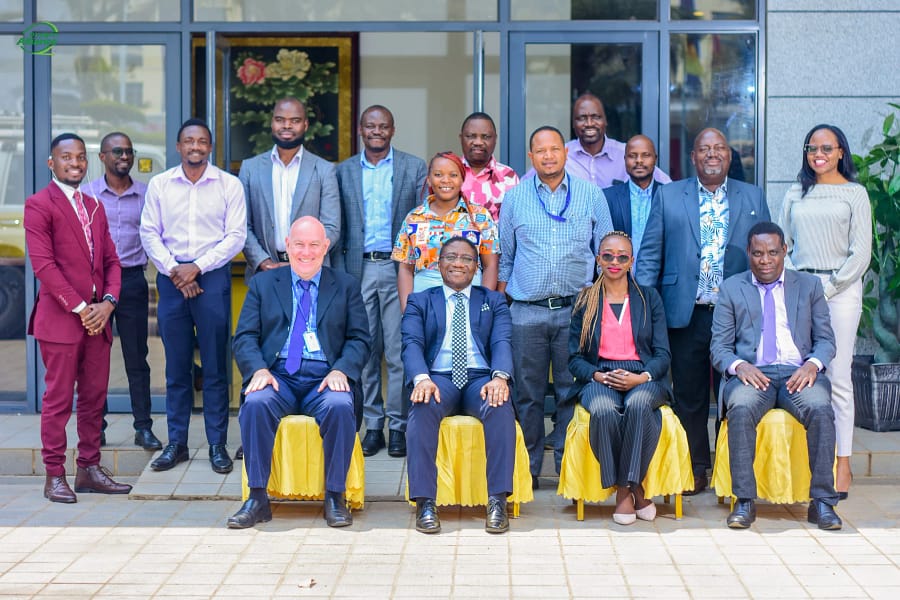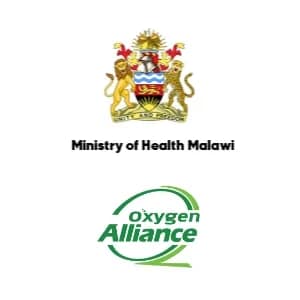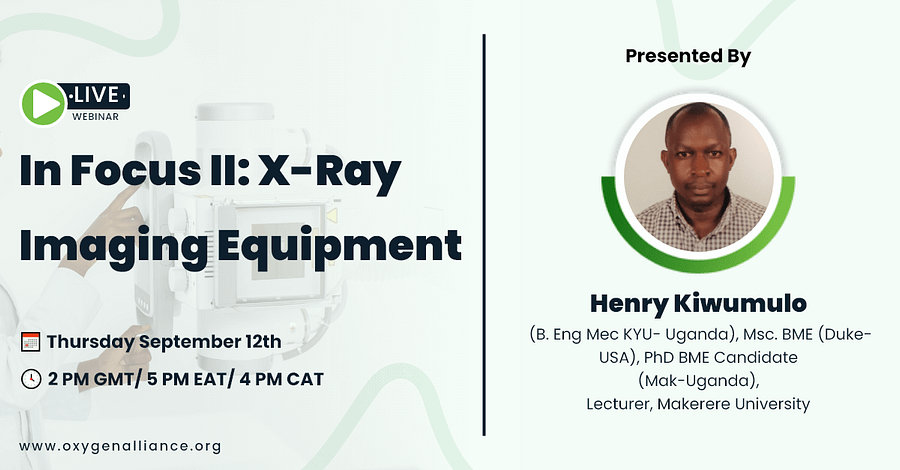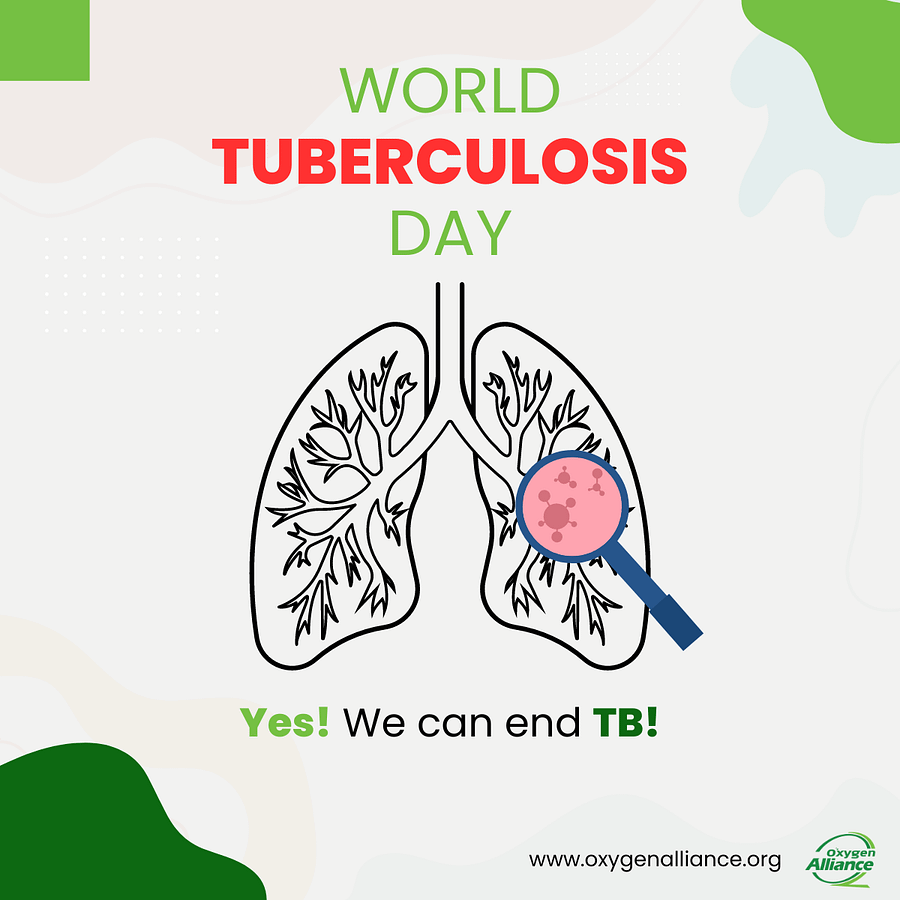On Wednesday, September 13, 2023, the Ministry of Health in Malawi organized a stakeholders meeting to discuss ways to improve healthcare infrastructure in the country. The meeting was convened by the Director of Health Technical Support Services (HTSS) Malawi and was attended by representatives from USAID, Project Management Office (PMO) at HTSS, Malawi University of Science and Technology (MUST), Project Last Mile, Right to Care, and FHI 360.
The meeting was one of several similar meetings that have been held in low- and middle-income countries around the world to launch the Oxygen Alliance, a coalition committed to building a resilient and sustainable maintenance and repair ecosystem for biomedical equipment.
The Oxygen Alliance was formed in response to the growing challenge of maintaining and repairing biomedical equipment in low- and middle-income countries. This challenge is due to a number of factors, including a lack of trained biomedical engineers, a shortage of spare parts, and a lack of financial resources.
The Oxygen Alliance is working to address these challenges by bringing together stakeholders from across the healthcare ecosystem, including governments, donors, NGOs, and the private sector. The Alliance is also working to develop new tools and resources to support the maintenance and repair of biomedical equipment.
The stakeholders meeting in Malawi was an opportunity for partners to discuss the challenges of maintaining and repairing oxygen equipment in the country, and to identify ways to collaborate to address these challenges.
Key Challenges and Areas for Collaboration
One of the key challenges identified at the meeting was the fragmentation of the oxygen ecosystem in Malawi. This fragmentation can lead to duplication of efforts and inefficient use of resources.
Participants at the meeting agreed that there is a need for better coordination and collaboration among stakeholders. They also agreed that there is a need to map the value chain and make different things being worked on visible to partners in the space. This will help to ensure that partners are complementing each other’s efforts, rather than working in silos.
Another key challenge identified at the meeting was the work environment that makes it difficult to maintain and repair oxygen equipment.
Participants at the meeting agreed that there is a need to invest in capacity building for biomedical engineers. They also agreed that there is a need to make resources such as equipment manuals and repair videos available to biomedical engineers. Additionally, they agreed to provide training opportunities for biomedical engineers.
Conclusion
The stakeholders’ meeting in Malawi was a productive and informative event. Participants agreed on the importance of collaboration and coordination in order to improve healthcare infrastructure in the country. They also identified a number of specific ways in which stakeholders can support the maintenance and repair of oxygen equipment.
The next steps agreed upon at the meeting will help to ensure that the Oxygen Alliance is able to achieve its mission of improving access to oxygen in Malawi and other low- and middle-income countries.







